American start-up Hyperion is at the LA motor show to showcase its XP-1 hydrogen electric supercar, which it claims offers 1000 miles of range between refills.
Announced in 2020 as part of a plan to increase wider adoption of hydrogen technology across the automotive industry, the two-seat XP-1 combines hydrogen fuel cells with supercapacitor storage to power multiple electric motors. Drive is sent to all four wheels, and although performance details are limited, the company claims it will be capable of a 221mph top speed and should manage 0-60mph in 2.2sec.
Supercapacitors are smaller and lighter than traditional lithium ion batteries, allowing the XP-1 to arrive with a kerb weight of just 1032kg. Hyperion claims this gives it a handling advantage over similarly potent battery electric supercars, which are much heavier.
Unlike current BEV technology, which can overheat after running at peak performance for extended periods, supercapacitors aren't affected by extreme temperatures and will deliver consistent performance. And while they can't hold as much energy, a 1:1 charge-to-discharge ratio means they're much more efficient.
The Lamborghini Sián FKP 37 hybrid hypercar also uses the technology but relies solely on regenerative braking to recharge its small battery.
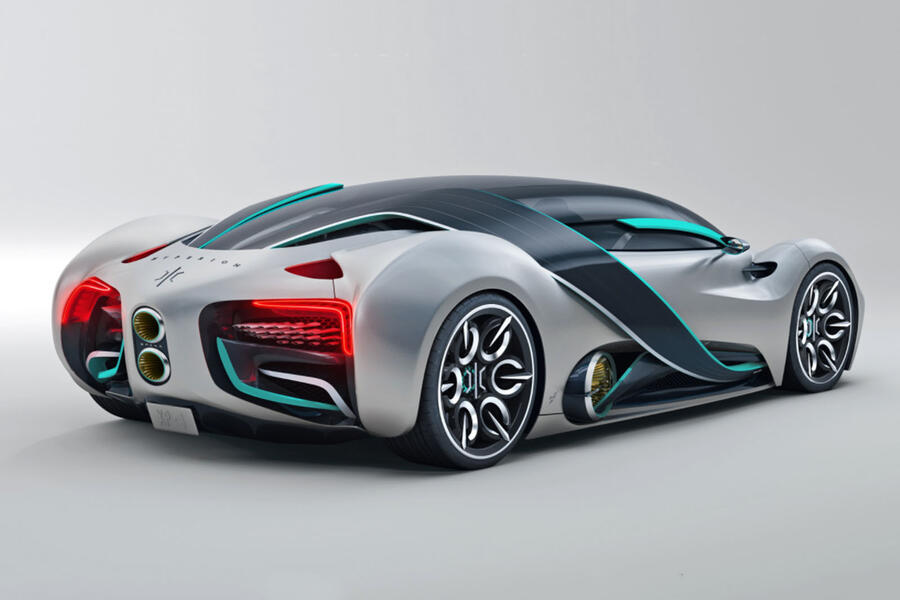
The XP-1's carbonfibre hydrogen tanks will hold enough fuel for 1000 miles of driving at street-legal speeds and can be refilled in less than five minutes. Hyperion has plans to supply hydrogen refuelling stations across the US, with more details to follow closer to the car's release.
“Aerospace engineers have long understood the advantages of hydrogen as the most abundant, lightest element in the universe," Hyperion CEO Angelo Kafantaris explained when the car was first shown. "Now, with this vehicle, consumers will experience its extraordinary value proposition.

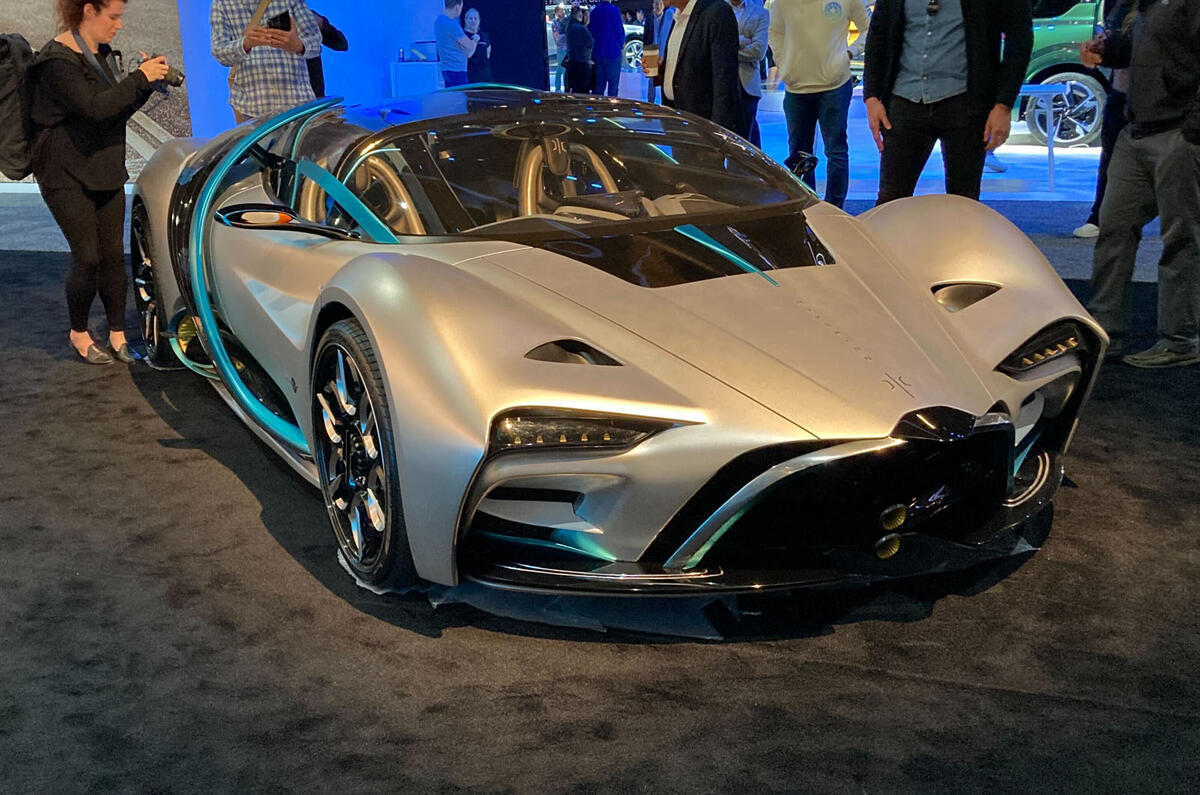
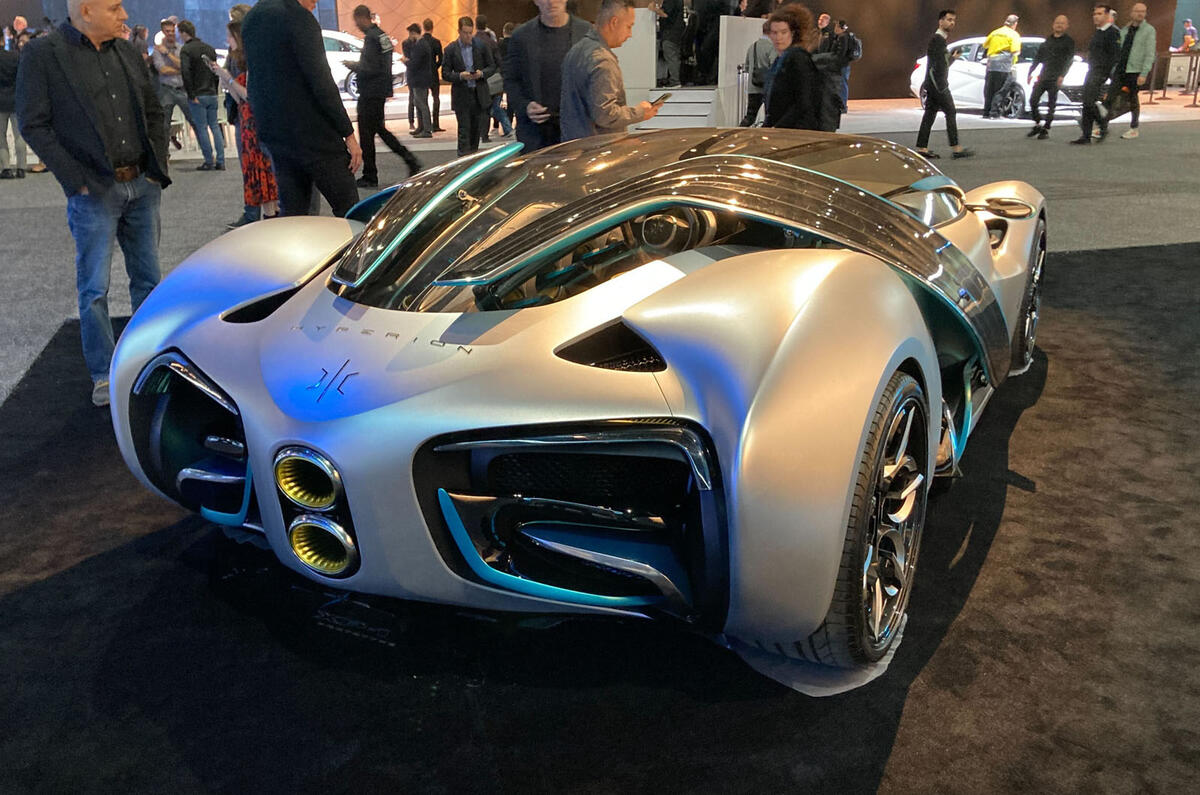
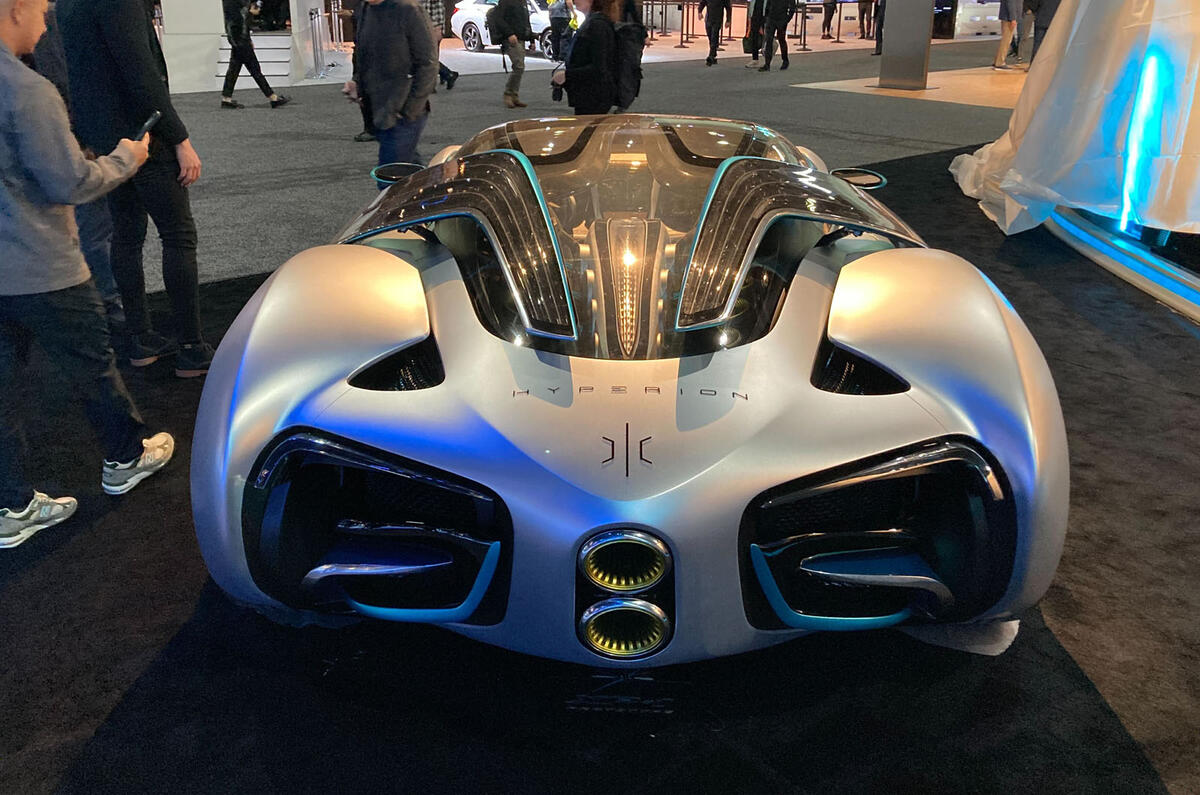
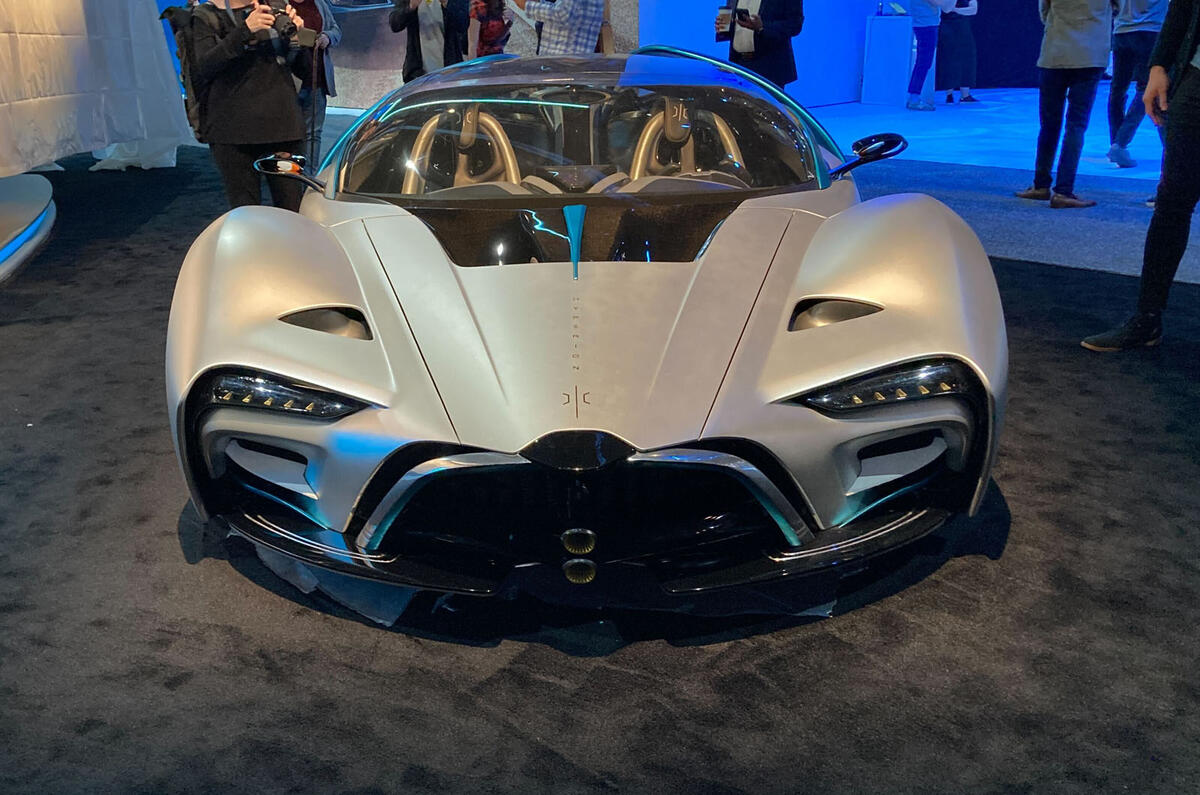
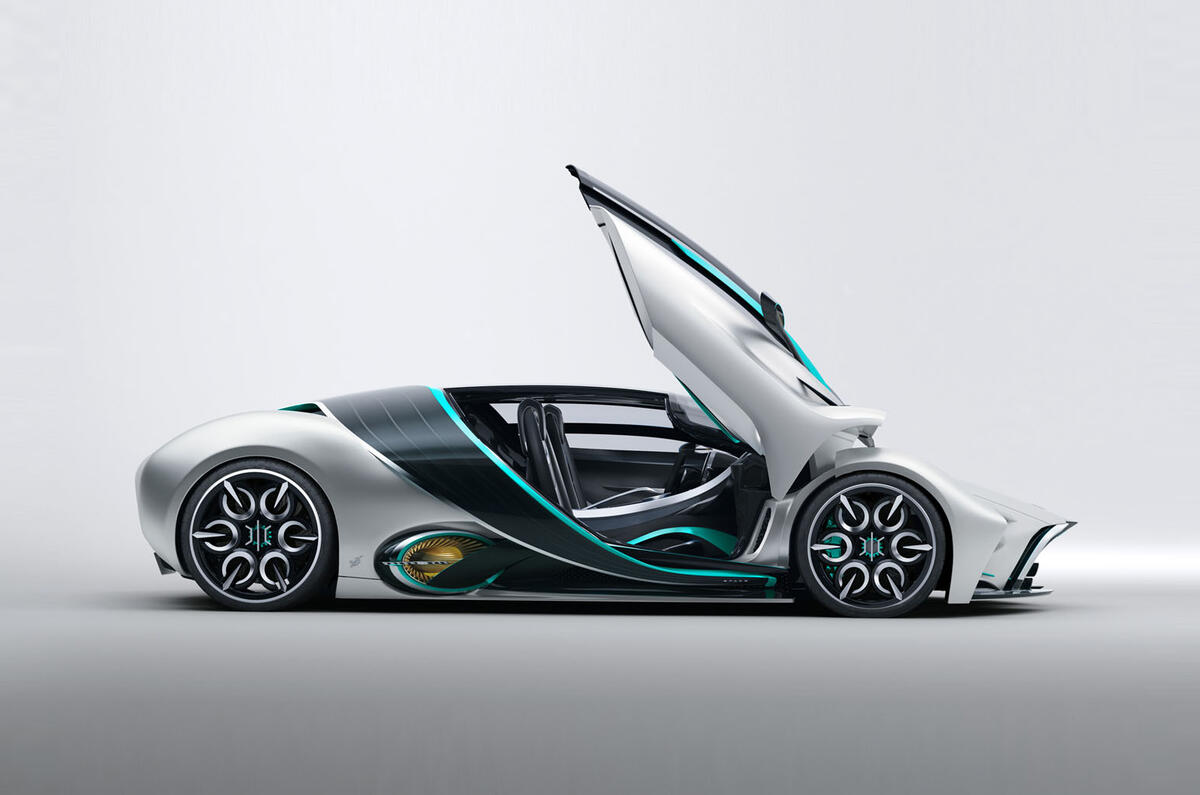
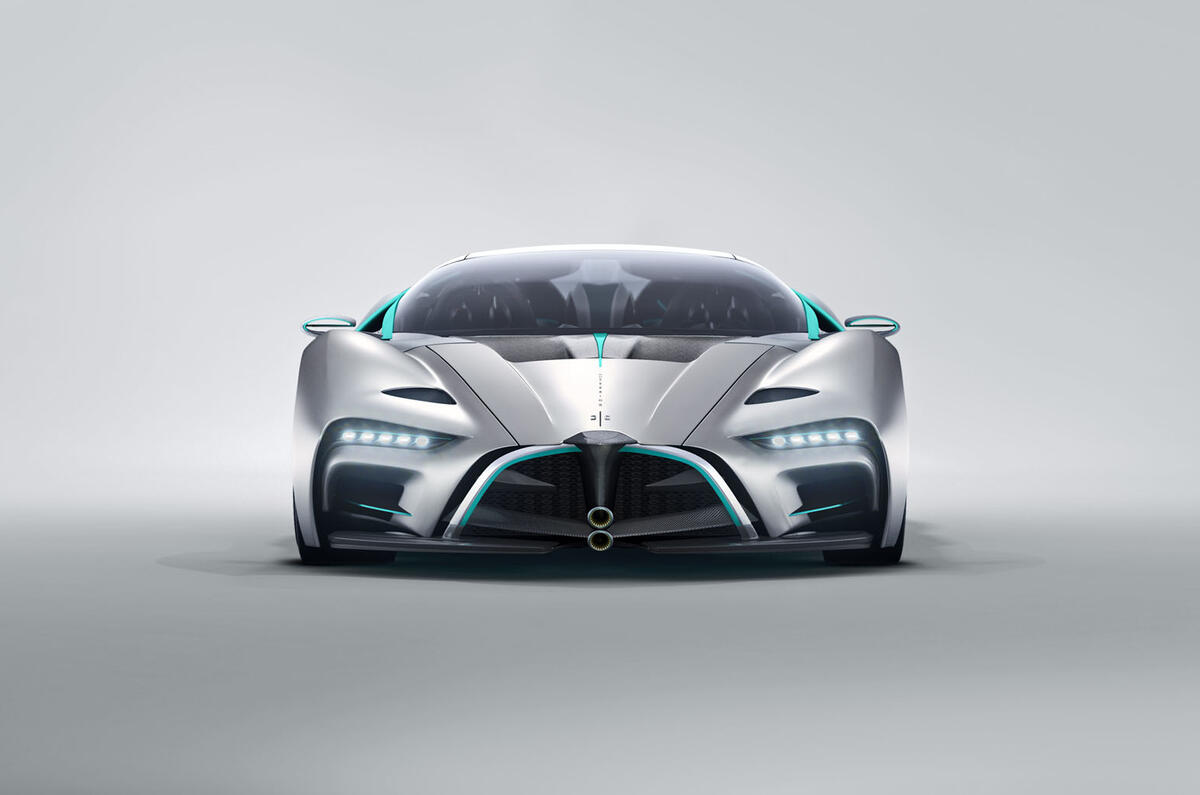
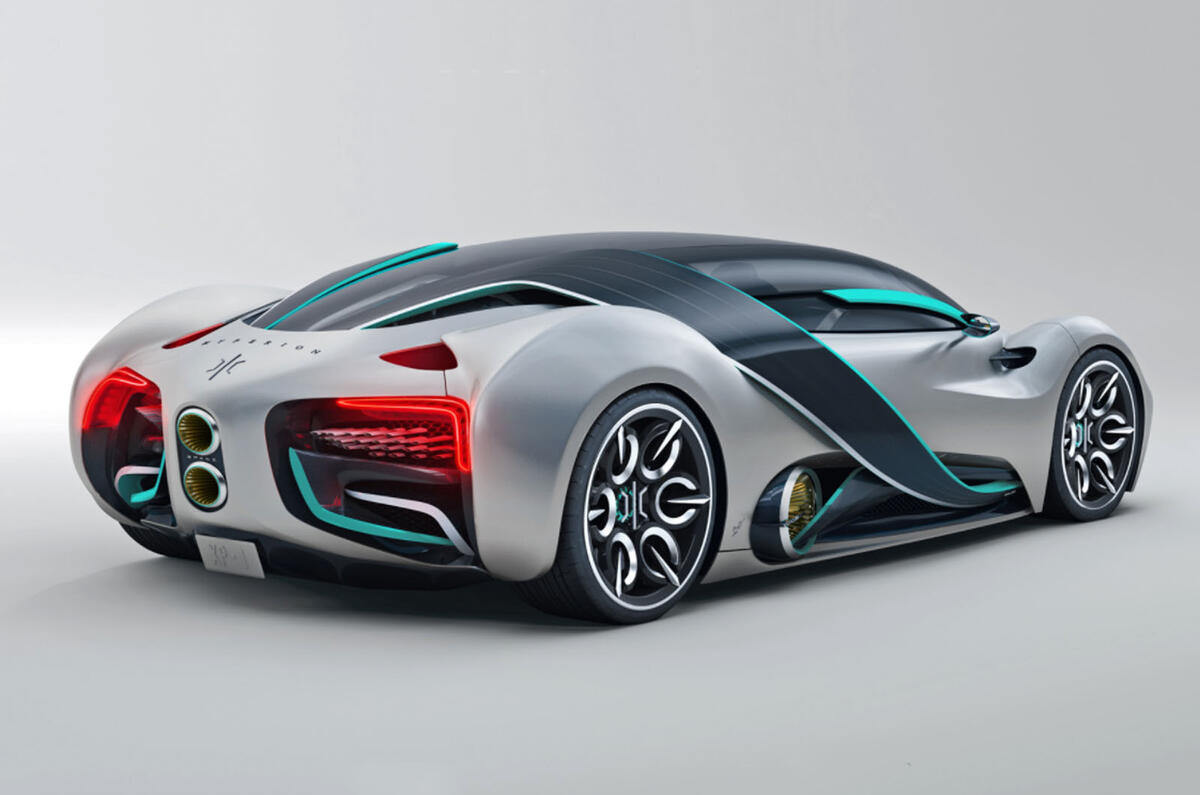
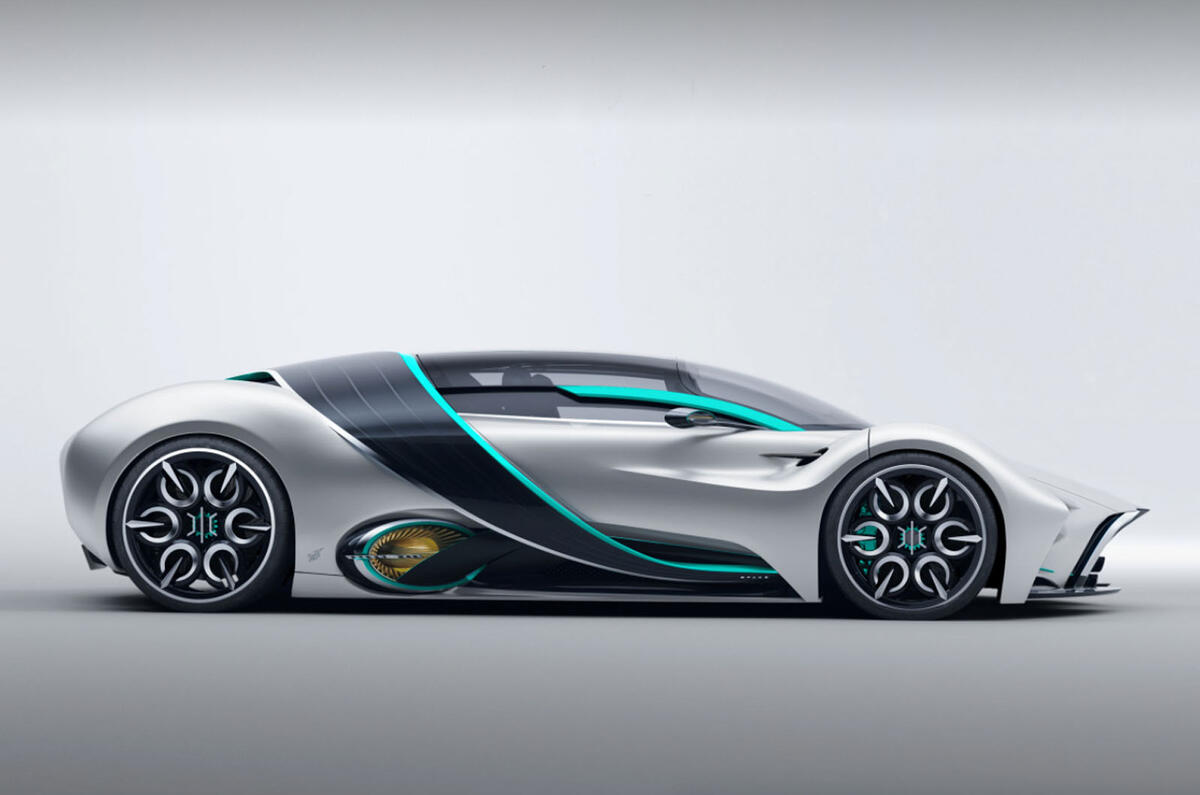
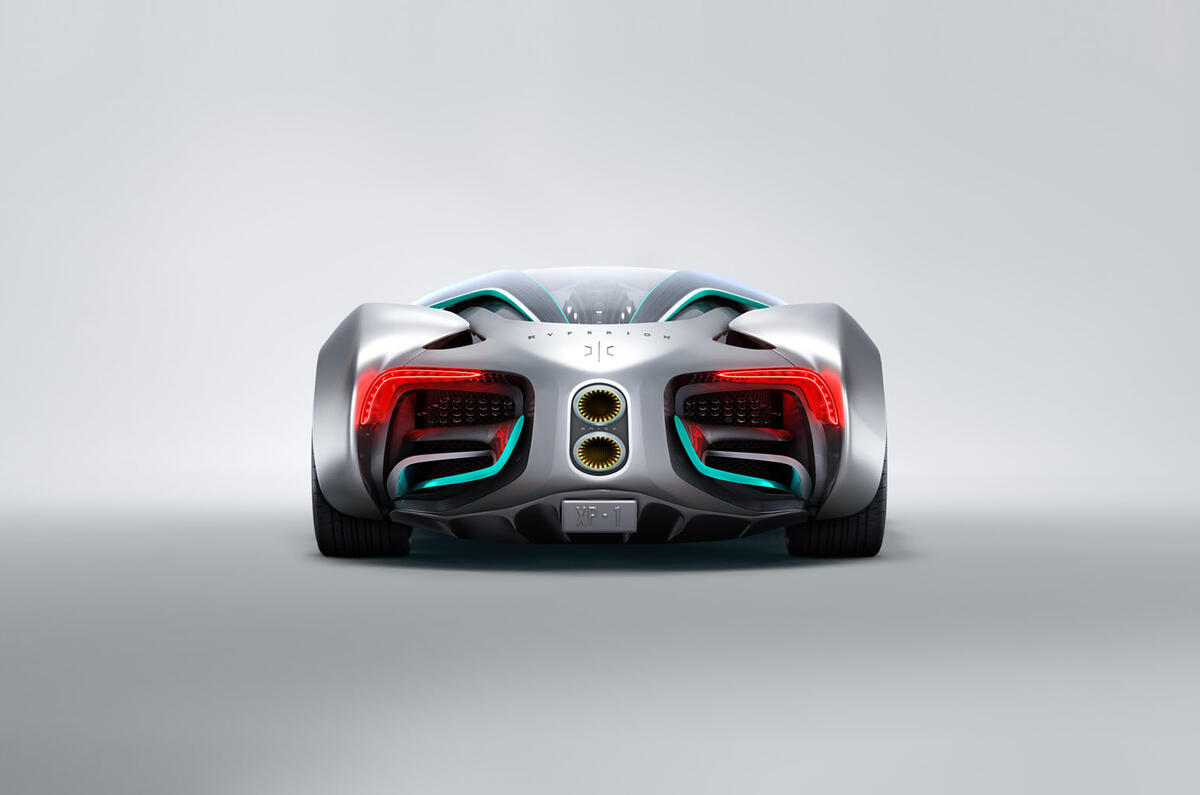
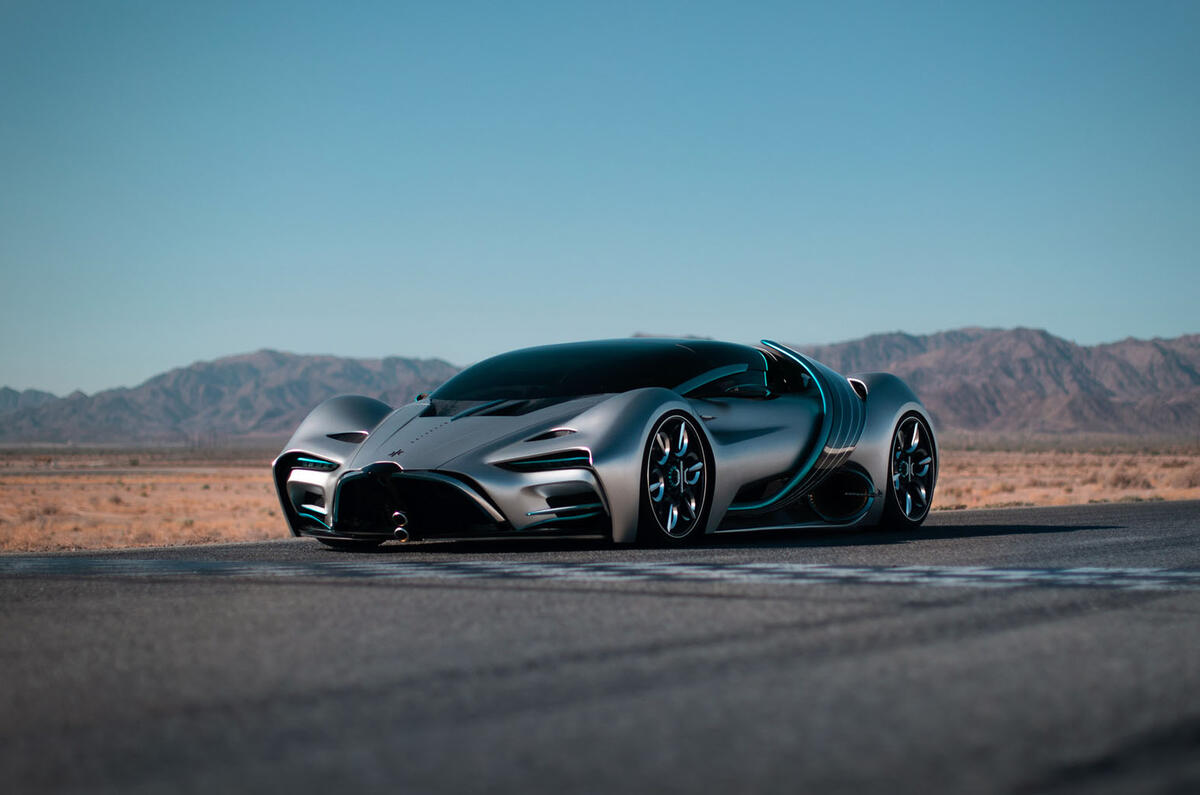
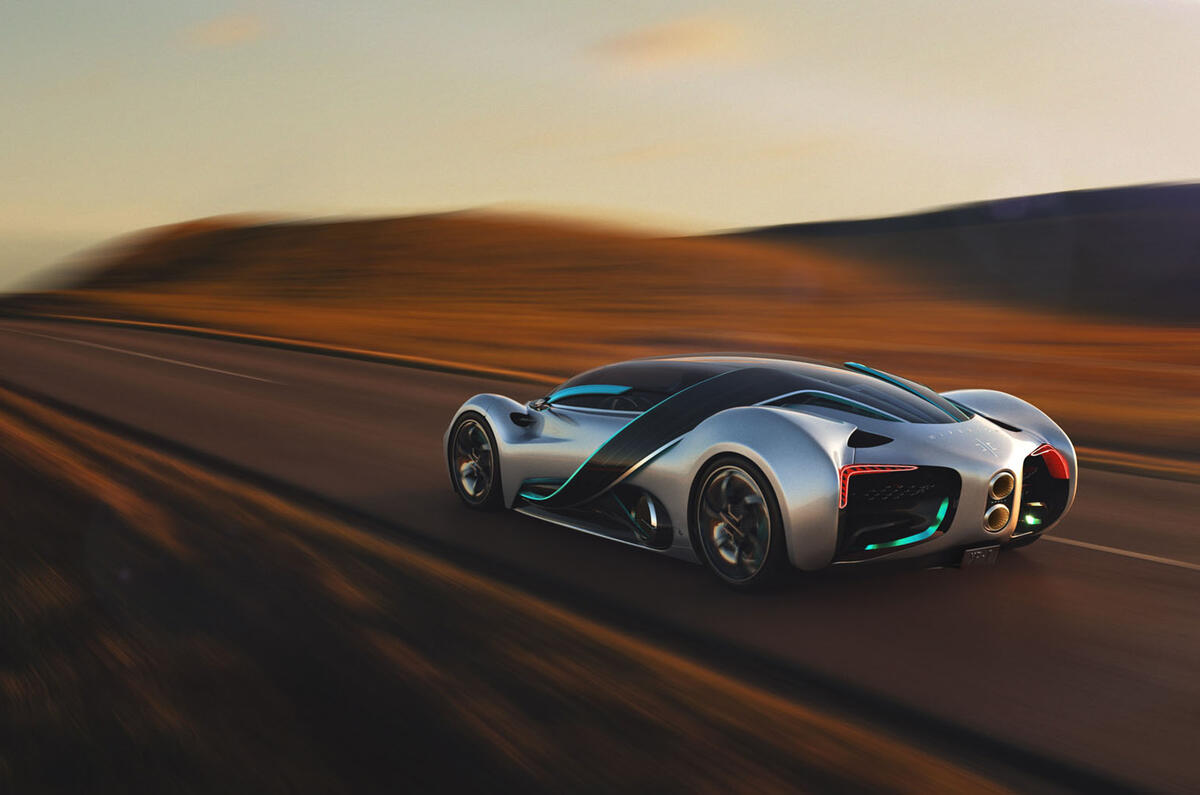
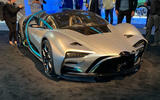
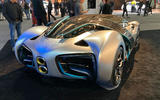
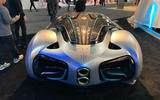
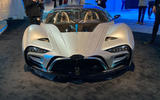
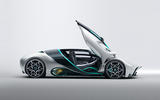
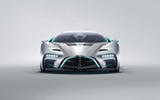
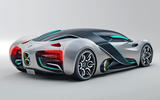
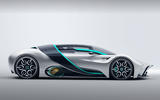
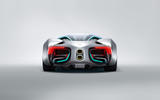





Join the debate
Add your comment
125+ hydrogen projects in Australia alone. 4-5 large scale (think Tasmania-scale) renewable energy projects under development in Australia. Amazing the difference two years makes :-)
125, that's 8 projects for every Toyota Mirai they gave away in the year. :)
Hydrogen cars are a long way off
> "This is the big secret the car industry is hiding in some ways..."
The secret is that fuel-cell vehicles are a long way from being practical. The new Hyundai Nexo, a third-generation fuel cell car, is on sale from £70,000. This is for a slow car with a range of only 240 miles. I don't see how they are ever going to be affordable. You basically need an electric car and then add an expensive fuel cell and then some expensive carbon fibre storage tanks. And those tanks take up a lop of space, even for a limited range like this.
Maybe fuel cells could work in trucks. But you have to have the re-fuelling infrastructure in place before in becomes usable and who is going to take the risk of investing billions in that.
This is on top of the inneficiencies of producing and pressurising hydrogen.
This concept - moveable solar
This concept - moveable solar panels and all - is a nonsense. But hydrogen fuel cell planes? Yes please. Battery electric planes are decades away and may not be feasible even then, but hydrogen fuelled planes seems a much more achievable goal and could produce real environmental benefit. Airports in suitable climates could even produce their own fuel using solar onsite.